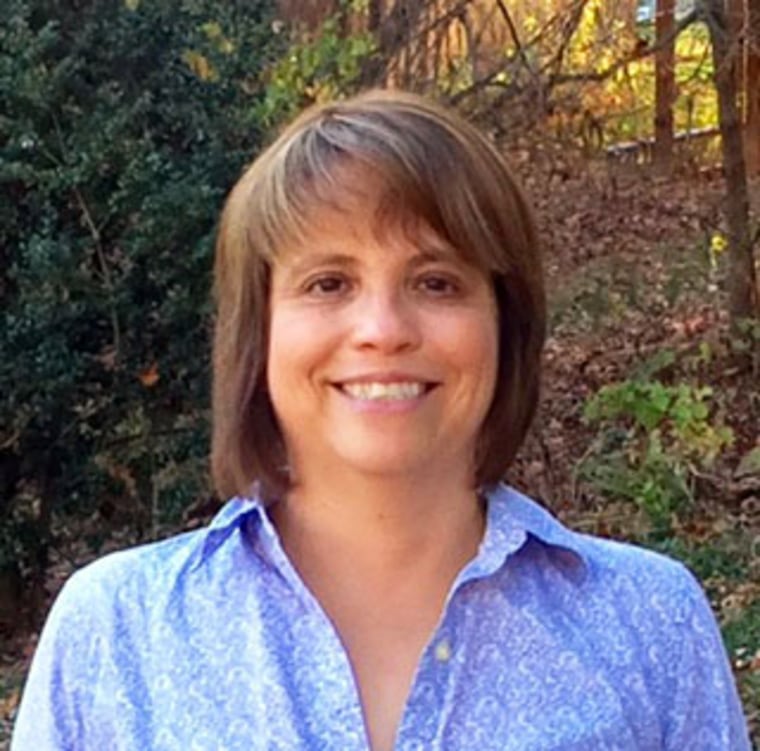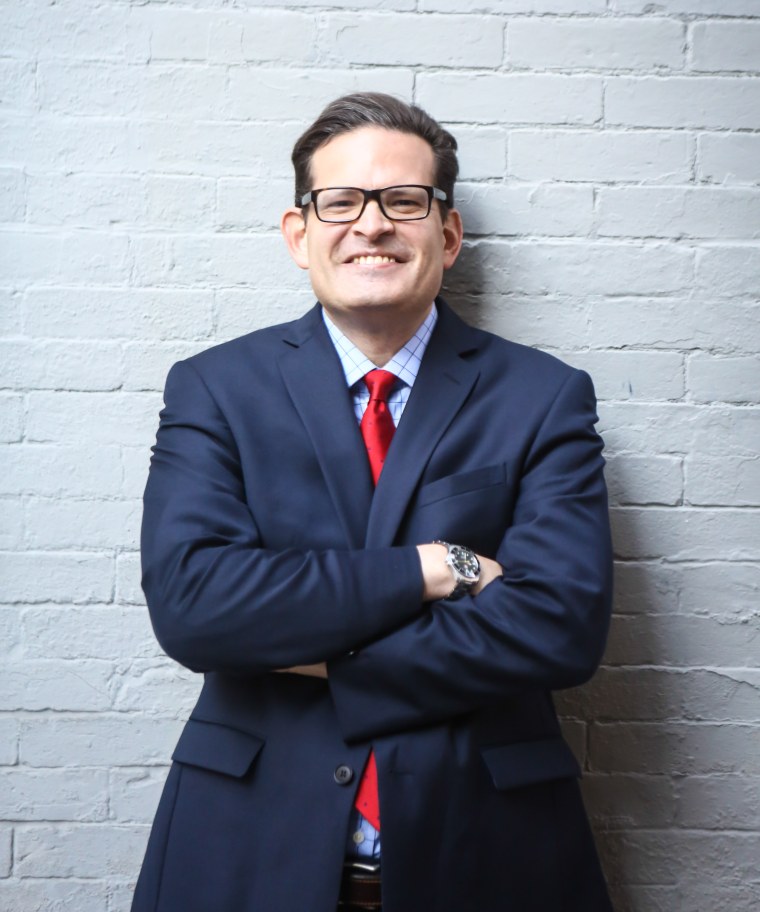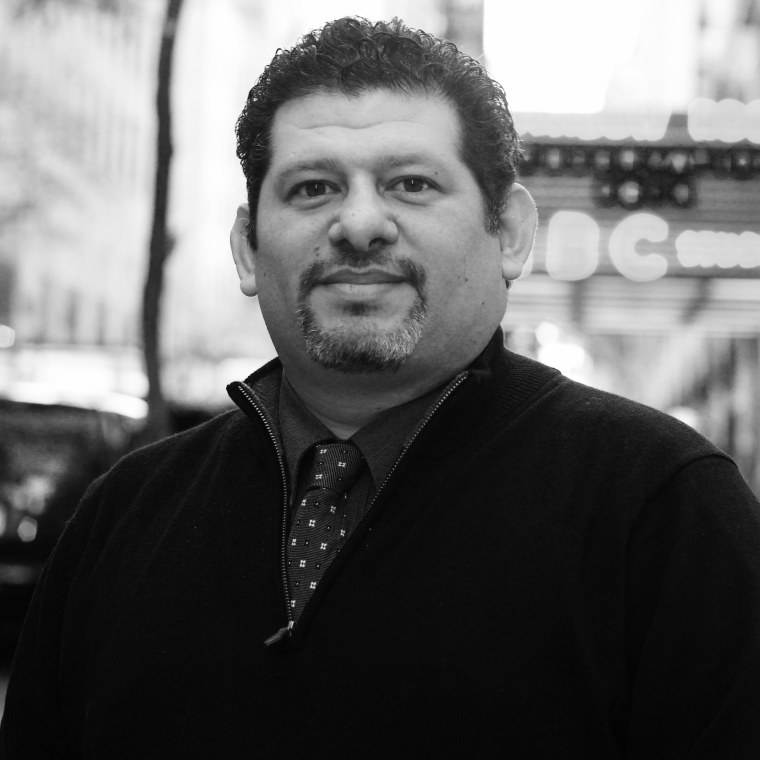In their final debate before the Iowa caucuses, the Democratic candidates sparred over how they would improve on healthcare, tackle rising inequality, grapple with climate change and address issues of race and law enforcement. The debate took place in historic Charleston, South Carolina, near the scene of a gun massacre that shook the nation.
Did candidates make a good case to prospective Latino voters? We asked a group of Hispanic scholars and strategists for their opinions of Sunday's debate.
A Sharp Contrast Between Experience and Pragmatism Versus Passion and Idealism

Things finally got interesting with the fourth Democratic debate on Sunday night. Hillary Clinton came on to the stage perhaps with a feeling of deja vu from 2008 as she has seen her lead in the polls against Bernie Sanders shrink. The debate rhetoric reflected this new political reality. More so than any other Democratic debate to date, Clinton and Sanders worked hard to draw distinctions among themselves (with Martin O’Malley attempting separation from both of them). However, their differences are not so much about ultimate policy goals, but about process. Particularly on issues Latinos care about, like healthcare reform and the economy, Hillary Clinton sought to emphasize how she would incrementally build on President Obama’s accomplishments while painting Sanders as an ideologue whose proposals like a single-payer healthcare system and breaking up the Wall Street banks are revolutionary and unrealistic. Clinton even accused Sanders of criticizing Obama as a way to make clear which Democrat should be handed the mantle from the current president.
The debate emphasized that the choice for mantle-carrier rests largely on either Clinton and her vast experience or Sanders and his passion. The experience angle has to date given Clinton the edge and she made a point to emphasize it during the debate. Clinton had strong command of the issues, from Iran and foreign policy to discussing the water crises in Flint, Michigan—a predominantly minority community. If Sanders hopes to continue building on his momentum and further diminishing her lead, he needs to broaden his loyal and passionate constituency that is made up of largely young, white Democrats. Sanders was asked during the debate how he could expand his support among African Americans and Latinos. His response, short on details, rested on the “they’ll love me once they get to know me” argument. Given Hillary Clinton’s long standing relationship with both the Latino and African American communities, it may take more than an introduction for Sanders to make any headway with these groups. Conversely, Clinton has her own dilemma: how does she continue to paint Sanders as unelectable without alienating a Democratic base she will need in the general election? More in line with a competitive primary race, the debate last night finally helped draw a clearer contrast between Clinton and Sanders. The battle for the Democratic nomination will come down to pragmatism against idealism and both Clinton and Sanders are comfortable in their respective lanes.
Stella Rouse is an Associate Professor in the Department of Government and Politics and director of the Center for American Politics and Citizenship at the University of Maryland.
The Standard Progressive Agenda

It was really surprising that none of the Democratic presidential candidates in last night’s debate mentioned terrorism and foreign policy when asked what would be their top priorities in the first one hundred days of their administration if elected president.
Not only is keeping America safe the number one responsibility of a president, but today we are facing serious threats to our security from abroad. ISIS has become the most sophisticated and deadly terrorist organization in history with a large army that controls a vast area of territory in the Middle East and with the determination to embolden and encourage their supporters to attack the west. Last November, it laid siege to Paris one evening, conducting several coordinated attacks which took the lives of 130 people. And, in December, they struck right here in America, in southern California, where two of their supporters went on a shooting rampage killing 14 people and injuring 21 others; the first time we’ve had a terrorist attack since 9-11.
Instead they chose to outline a series of standard issues of the progressive agenda as their top priorities, among others: universal healthcare through a single payer system and raising theminimum wage (Sanders), equal pay for women and voting rights (Clinton), and climate change (O’Malley).
Not only does this shows how disconnected they are from the real threats and challenges facing the nation, but it also highlights how far to the left the Democratic party has moved.
Alfonso Aguilar is the Executive Director of the Latino Partnership for Conservative Principles and former Chief of the U.S. Office of Citizenship.
An Opportunity Lost for a Real Discussion on Race

With debates by both parties near the massacre in Charleston, I wondered how long it might take for someone to acknowledge that sad day and what it means for race relations in America. It turns out that it wasn’t mentioned at all during the Republican debate, and only in passing during the Democrat’s debate.
In a debate in which we were to listen to candidates discuss the important issue of race, I had hoped to get a lengthy discussion on the Charleston massacre and the ensuing debate over the Confederate Flag. I hoped we would have a discussion on the racial divisions over our immigration policy. Remember that our immigration policy has always been an explicit consequence of this country’s fascination with race. One can look at the 1882 Chinese Exclusion Act and the 1924 Quotas Act, both of which imposed limits on immigrants explicitly because of their race, and we could trace those policies to our current immigration discussion over Central American refugees and Mexican labor.
With regards to foreign policy, we might have had a discussion on how American foreign policy is directly related to our immigration troubles, from Syrian refugees, to our government’s colonial relationship with Puerto Rico, migrant flows often follow American foreign policy. Instead, the words Puerto Rico, from the President’s State of the Union on through to the two debates by our political parties, was mentioned in passing exactly twice.
We might have had a greater discussion on how communities of color are victimized on a daily basis, because of decisions that are informed by politicians who simply do not value the lives of minorities the same as those of the majority. It was refreshing to at least have the Flint water crisis mentioned, but instead of a lengthy discussion on how the water supply of a predominantly black community is being poisoned, the discussion over justice was largely contained within the context of how minority communities are policed.
The problem with race is that the simple conceptualization of racial problems in American is constantly being framed around the imagery of direct violence by our justice system. It is difficult for non-minorities to conceptualize violence as the water we are forced to drink, the violence inherent in a system in which communities of color must constantly make choices between their health and their jobs. We do not see violence in the discussion over the simple fear that if you dare to buy healthy food for your children with government assistance, it will be viewed by the public as an unnecessary luxury. We do not see racism in the persistent failure to recognize black actors yet again by the academy, a movie industry which is viewed by Republicans and Democrats alike as a bastion of liberal ideology.
These are the most “progressive” or “liberal” candidates our political system can produce, and yet on the day before Martin Luther King day and almost fifty years after his assassination a discussion on race still cannot face the simple fact that racism does not always have to rear its ugly head in a white cap or through the barrel of an officer’s firearm.
Stephen Nuño is an Associate Professor in the Department of Politics and International Affairs at Northern Arizona University and a Contributor for NBCLatino.
Sanders' Passion and Call for Change Stands Out

The difference in Clinton and Sanders' message explains their differing appeals, particularly amongst young millennials of color. Clinton’s positions revealed her preferences for ‘staying the course’ and working with existing limitations like Republicans, lobbyist and big money; Sander’s, in contrast, insists that American politics has to do better, eliminating big money in politics and providing more governmental support for the working and middle class.
Sander’s optimism was contagious given his emphasis on making American politics better, an appeal that resonates with younger voters entering harsher economic conditions with mountains of school loan debt. Sander’s optimism bordered on unrealistic, however, and his sidestepping of the Black Lives Matter issue early on by reframing it as an economic issue continues to feel out of touch with young voters, especially Latinos and Blacks. His reassurance that minority voters would support him if they got to know him and his ideas came off as dismissive, rather than inclusive. His appeal among young voters may be strong, but won’t be among Latinos and Blacks without additional consideration of their experiences.
Clinton’s appeal among Blacks and Latinos is rooted in her history working with and for communities of color, though not always successfully. Nonetheless, Clinton’s less than stellar performance provided Sander’s with an edge on the eve of the first primary, though these primaries occur in states with limited diversity, and whose young voter populations may not be a contributing factor.
Marcela García-Castañon is an Assistant Professor in the Department of Political Science at San Francisco State University.
